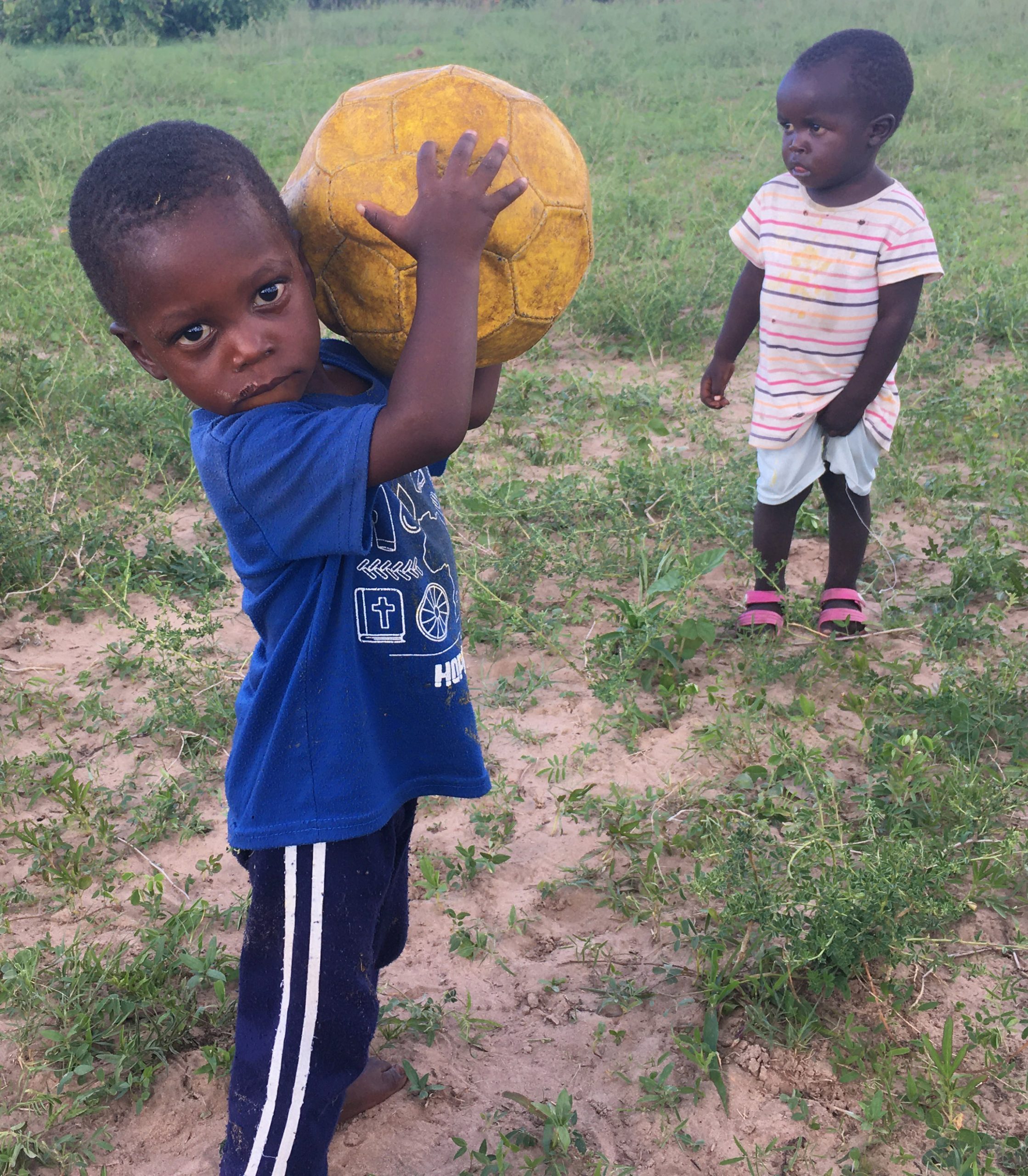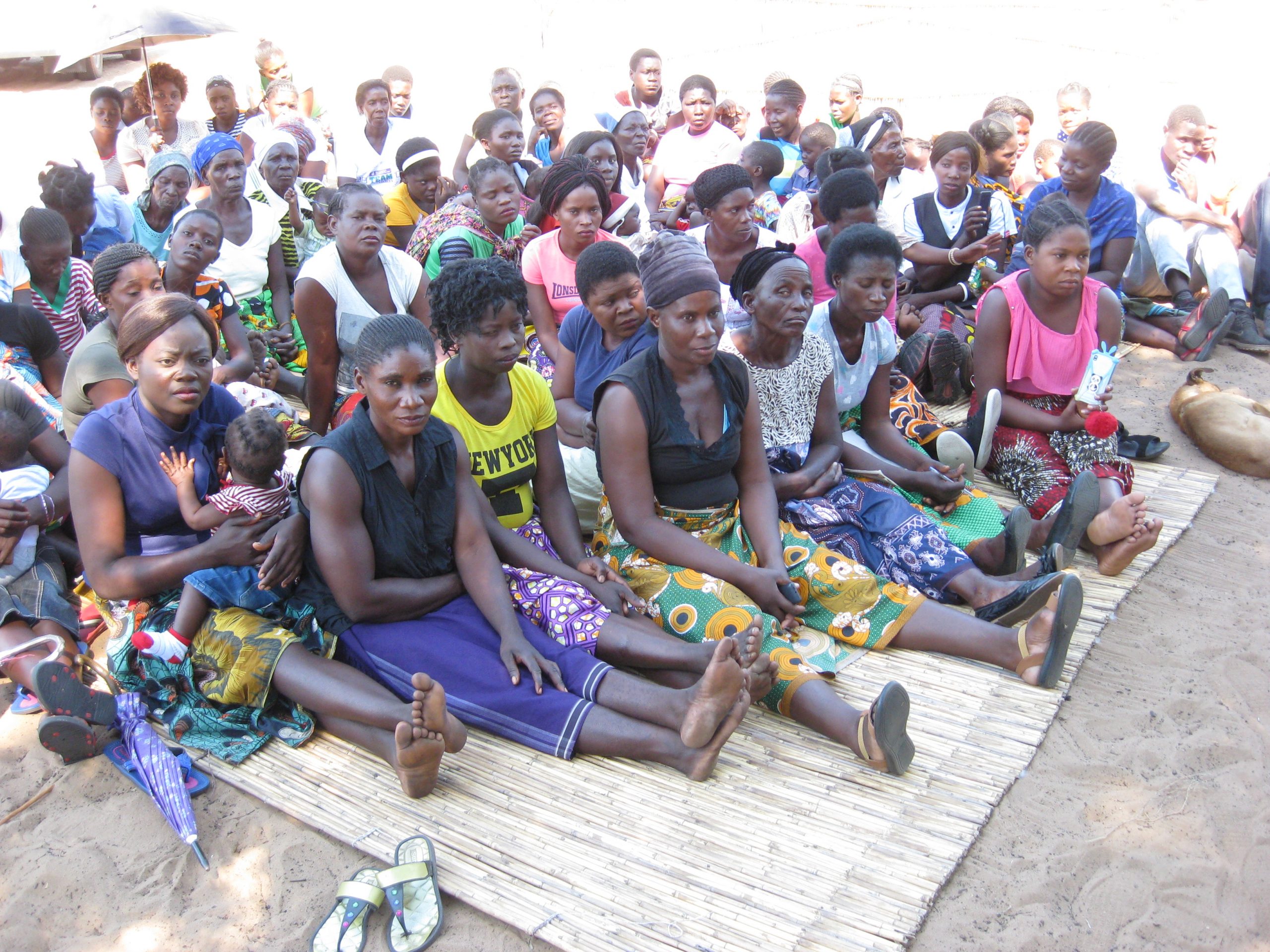The Western Power Company is committed to empowering the communities of Western Province, Zambia. These communities will proudly hold a 6% non-dilutable equity stake in our project—a testament to the cherished land and water resources they provide.
When the power station becomes operational, the project will deliver $500,000 annually to uplift community development initiatives. This funding will be entrusted to two dedicated governance bodies: one supporting transformative programs across Western Province, and another focused on enriching the immediate project area.
Our governance model prioritizes integrity and transparency, drawing inspiration from similar trusts within Zambia and the region. Community-driven efforts funded by these trusts will focus on transformative sectors, including:
Education: Empowering future generations with access to knowledge.
Water and Sanitation: Enhancing health and well-being through clean water.
Healthcare: Building healthier, resilient communities.
Together, we aim to create a brighter and more sustainable future for Western Province.

Since 2012, the Western Power Company has championed robust stakeholder engagement, earning recognition in a case study by the Hydropower Sustainability Alliance. Our approach embodies collaboration, transparency, and respect, as we work closely with all levels of the Zambian Government, traditional leaders in Western Province, local community representatives, tourism stakeholders, and the residents of Sioma and Senanga districts.
Fostering strong ties with the local community is at the heart of our mission. Our proactive Community Liaison Team and Committee ensure open communication through regular meetings, timely updates, effective grievance resolution, and inclusive project-related initiatives.
We are proud to share that our project has been featured by the Hydropower Sustainability Alliance, coinciding with the release of their How-to Guide on Communications and Consultations. This global resource highlights best practices in stakeholder engagement, further underscoring our commitment to meaningful collaboration.

At Western Power Company, our community development-focused corporate social responsibility program is built on the belief that even modest initiatives can yield profound social benefits and foster lasting connections with local communities.
Our notable achievements include: